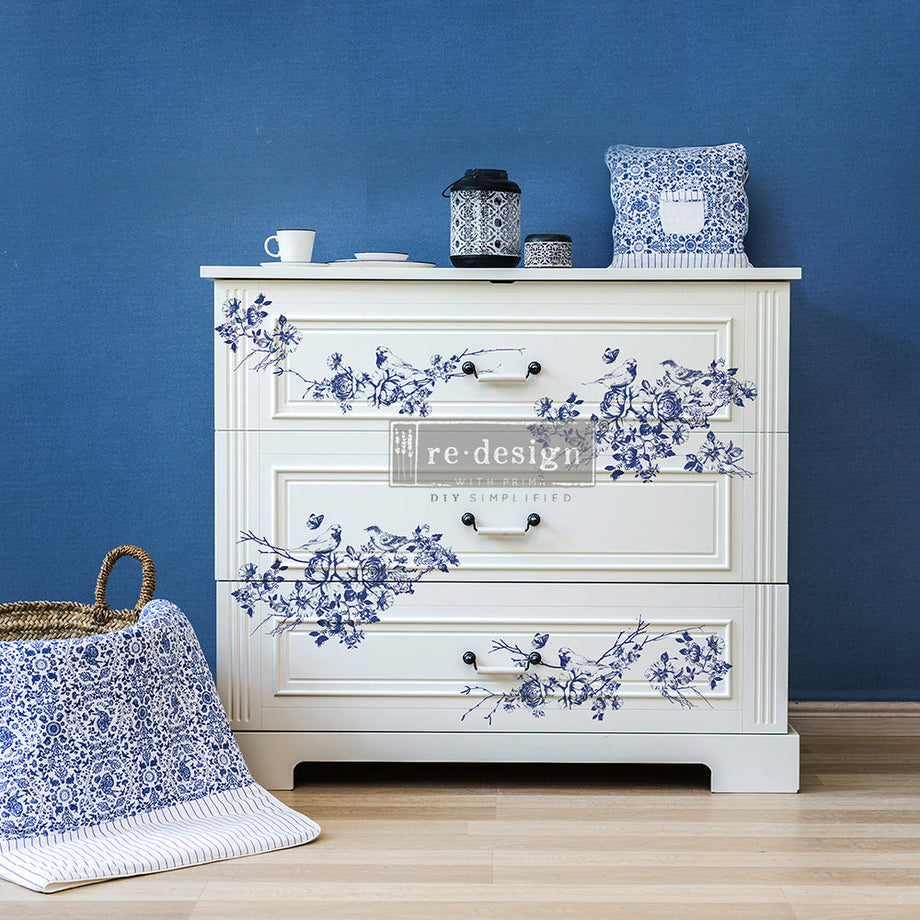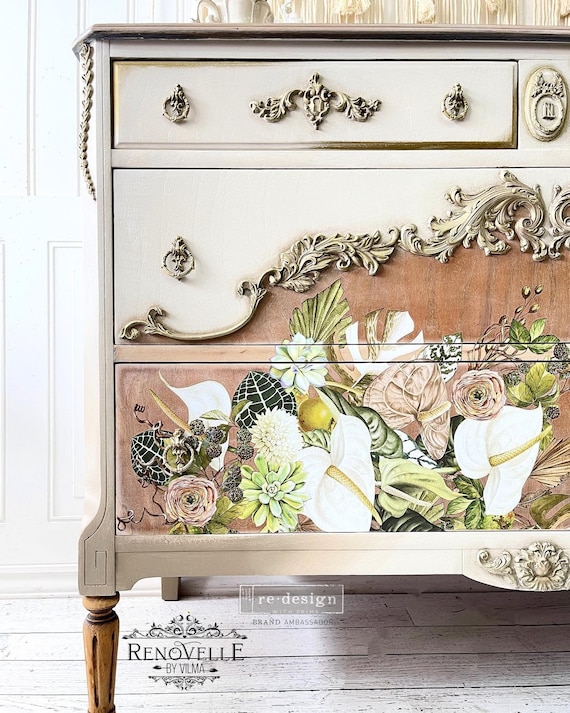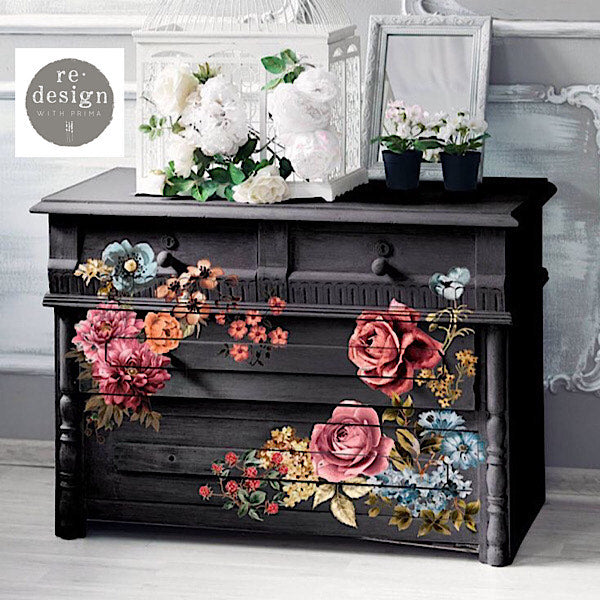What are Decorative Furniture Transfers?
Decorative furniture transfers are an innovative way to enhance the aesthetic appeal of various furniture pieces. Originating from the desire to embellish plain surfaces, these easy-to-apply transfers come in myriad designs—bringing a touch of artistry and personalization to your home.
Why Choose Furniture Transfers?
Using decorative transfers can turn everyday furniture into stunning focal points. Here are some reasons why they are becoming increasingly popular:
- Cost-Effective: Revamping furniture with transfers is often more affordable than buying new pieces.
- Personalization: They allow for customization, reflecting your personal style and preferences.
- Eco-Friendly: Upcycling old furniture with transfers contributes to sustainability.
- Variety: With countless patterns and designs available, there’s something for everyone.
Types of Decorative Furniture Transfers
1. Vinyl Transfers
Vinyl transfers are a popular choice due to their durability and ease of application. They are suitable for both indoor and outdoor furniture.
2. Water-Slide Transfers
Water-slide transfers offer a delicate finish and require some skill to apply. They work well on smooth surfaces and can create stunning effects.
3. Heat Transfers
Heat transfers provide a long-lasting, vibrant option that’s perfect for fabric furniture. They require a heat source to apply effectively.
4. Paper Transfers
These are typically less durable but can be an affordable and charming option for smaller projects.
Preparing Your Furniture for Transfers
Cleaning and Priming
Before starting, make sure your furniture is clean and primed. Here’s how:
- Remove any dust or grease with a suitable cleaner.
- Sand the surface if necessary to create a texture for better adhesion.
- Apply a light coat of primer to enhance durability.
Applying Decorative Furniture Transfers
Step-by-Step Guide
Here’s a simple method to apply decorative transfers:
- Select your desired transfer and cut it to size.
- Peel off the backing paper carefully.
- Position the transfer on the surface and press down firmly.
- Rub the transfer with a bone folder or credit card to eliminate air bubbles.
- Lift the transfer gently to check adherence; press down any areas that need more attention.
- Finish with a clear sealant for added protection.
Comparison of Transfer Types
| Type of Transfer | Durability | Ease of Application | Best For |
|---|---|---|---|
| Vinyl | High | Easy | Indoor & Outdoor Furniture |
| Water-Slide | Medium | Moderate | Smooth Surfaces |
| Heat | High | Advanced | Fabric Furniture |
| Paper | Low | Easy | Small Projects |

Pros and Cons of Decorative Furniture Transfers
Pros
- Inexpensive and accessible way to upgrade furniture.
- Wide variety of designs available.
- Quick transformation with minimal effort.
- Ideal for both DIY enthusiasts and beginners.
Cons
- Some types may not hold up well outdoors.
- Requires precision for a flawless application.
- May not be suitable for heavily textured surfaces.
Personal Experience with Decorative Furniture Transfers
As someone who has dabbled in decor for years, I remember a specific project that sparked my love for furniture transfers. I had an old, worn-out desk that was crying out for some TLC. After cleaning it, I decided to apply a floral vinyl transfer. The moment I peeled off the backing and laid it down, I was amazed at how effortlessly it transformed the entire look of the desk! A simple process that brought a unique charm to my workspace.

Creative Ideas for Using Furniture Transfers
1. Revamping Kitchen Cabinets
Transform dull kitchen cabinets into a culinary masterpiece with colorful transfers or rustic patterns.
2. Upcycling Thrifted Furniture
Pick up old furniture from thrift stores and breathe new life into them with beautiful transfers!
3. Personalized Gifts
Create unique gifts by applying transfers to blank items like trays, coasters, or even photo frames.
FAQs About Decorative Furniture Transfers
What materials do I need for applying furniture transfers?
Typically, you will need the transfer itself, scissors, a clean cloth, a bone folder (or credit card), and a clear sealant for finishing touches.
Can I use furniture transfers on fabric?
Yes, heat transfers are specifically designed for fabric applications and can be incredibly effective.
How do I remove a furniture transfer?
To remove a transfer, use a heat source like a hairdryer to melt the adhesive slightly, then peel it away gently.
How long do furniture transfers last?
With proper application and care, most transfers can last several years. However, their lifespan can vary based on exposure to sunlight and moisture.
